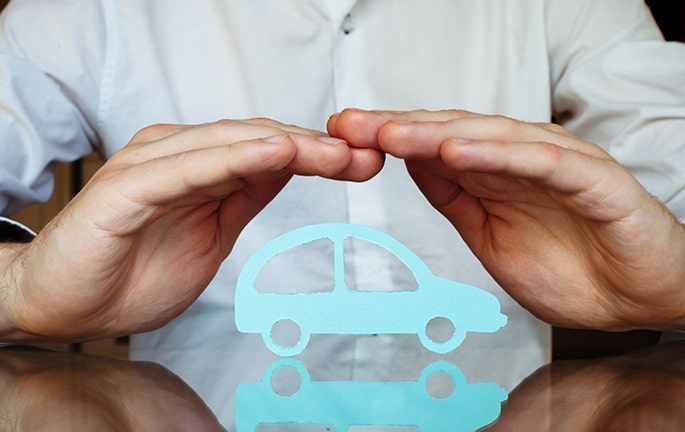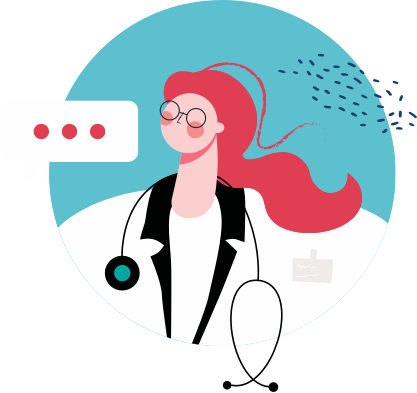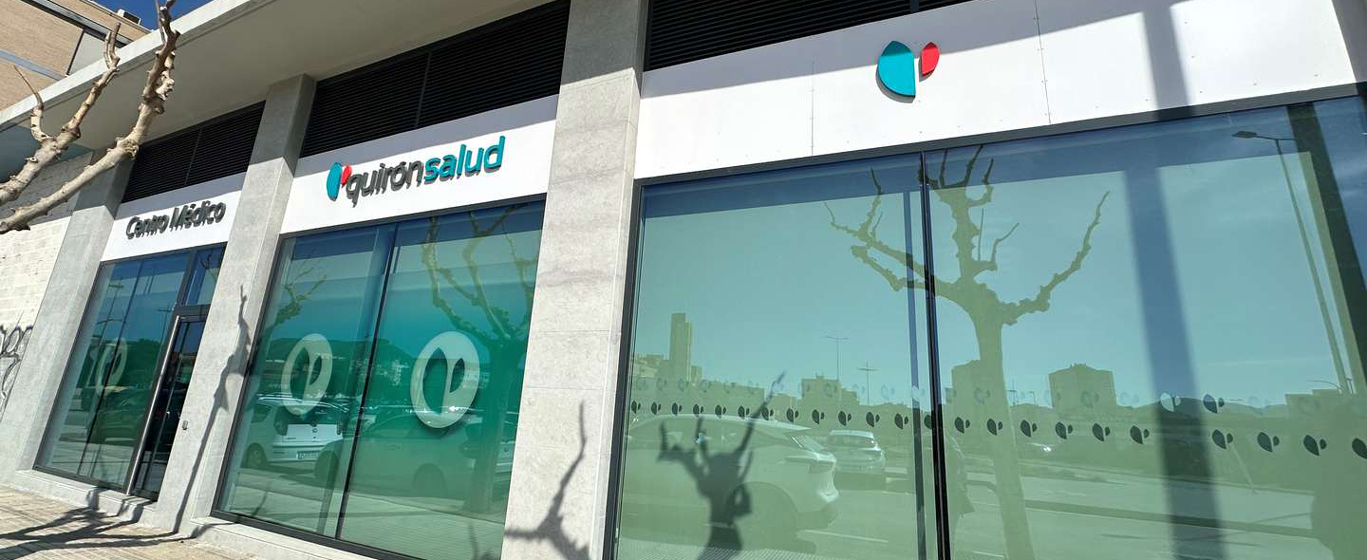Traffic Unit
Discover all the medical specialties involved in the treatment of injuries caused by traffic accidents. We will tell you everything you need to know about the traffic unit: what are the main damages caused to patients and which procedures are most commonly used to address them. Request your consultation at one of our hospitals.

What is the traffic unit?
This unit provides multidisciplinary care to patients with injuries caused by a traffic accident. The teamwork of different medical specialties is essential, as an accident victim may present a variety of injuries.
The doctors in this service are prepared to handle emergencies and address conditions requiring long-term treatment. Additionally, an administrative team handles the necessary procedures to complete the documentation for car insurance and health insurance. This way, the patient and their family only need to focus on recovery.
What does the traffic unit study?
There are different types of injuries caused by traffic accidents, so the field of study in this unit is vast. The doctors in this unit gain general knowledge across all areas to provide the best care possible for patients. However, each one belongs to a specific medical specialty:
- Emergency medicine: They receive accident victims and perform initial resuscitation efforts when necessary, handling life-threatening situations.
- Psychology: They address the emotional impact of losing a loved one or dealing with severe consequences, such as amputations or sudden loss of mobility.
- Traumatology: They treat muscular, bone, and joint injuries, which are the most common after a traffic accident.
- Internal medicine: They use their general knowledge to evaluate the damage and, when necessary, determine the order in which injuries should be treated to ensure the patient’s safest recovery.
- Plastic surgery: They perform reconstructive surgeries to aid the functional and aesthetic recovery of patients with burns, abrasions, open wounds, or deformities.
- Maxillofacial surgery: They repair fractures in the jaw, mandible, or nose.
- Radiodiagnostics: They use various techniques to thoroughly assess the patient's condition and evaluate the damage before starting treatment.
Who is this unit for?
This unit is focused on individuals with injuries caused by a traffic accident. It caters to both patients requiring urgent care and those needing long-term treatment for full recovery.
Techniques, procedures, and diagnostic methods
Patient care in this unit is very diverse, as each individual presents different circumstances. An accident victim may arrive in an emergency or may feel discomfort days later, once the body has relaxed from the traumatic event.
To diagnose a condition caused by an accident or assess the severity of the injuries, methods such as the following are commonly used:
- Magnetic resonance imaging (MRI): Provides detailed images of bones, organs, and tissues.
- Computed tomography (CT): Offers three-dimensional images of tissues and organs.
- Ultrasound: Allows a quicker view of the internal structures of the body compared to the previous techniques.
Among the treatments most commonly used in these cases are:
- Rehabilitation: Helps minimize the aftermath and recover lost muscle function after the accident. Physiotherapy is one of the most frequently used procedures.
- Minor or major surgery: Surgical interventions repair damage to internal organs.
- Psychotherapy: Addresses the emotional aftermath of the accident, both for those affected and their loved ones.
Diseases and symptoms
Main pathologies and conditions
The damages caused by a traffic accident can be varied and numerous. The most common cases seen in this unit include:
- Burns
- Cervical sprains or whiplash
- Spinal cord injuries
- Abrasions
- Hip fractures
- Thoracic trauma
- Brain injuries
- Psychological damage
- Back injuries
- Spinal column damage
Related symptoms
The main symptoms of these injuries include:
About the consultation in the traffic unit
We solve any doubts you may have before you see the specialist
Those attending the consultation may have suffered an accident some time ago, as often the consequences do not manifest until the shock from the traumatic event has passed. During the consultation, the doctors assess the patient's physical and mental state, without judging the reasons for the delay in seeking medical help.
What should you keep in mind?
During the consultation, the doctor will inquire about the nature of the accident. It’s important to be prepared to answer questions about the traumatic event, and psychological support can be requested if needed.
What should you bring to the consultation?
Especially if some time has passed since the accident, it’s advisable to bring all relevant information about the incident and any treatments undergone since then. A list of all symptoms experienced, even those initially overlooked, is very helpful in reaching an accurate diagnosis.

If you have any further questions, please contact us through the Patient Services telephone number: 900 301 013

















































